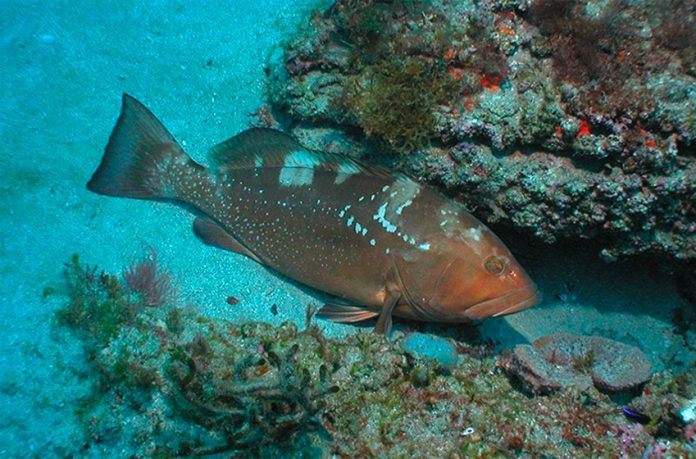Tests by environmental groups and scientists have found microplastics in the stomachs of 20% of four different species of fish caught in Mexican waters.
The tests examined grey snapper, red grouper, white mullet and king mackerel from the Gulf of California, the Gulf of Mexico and the Caribbean Sea using samples caught off the coasts of La Paz, Baja California; Veracruz, Veracruz; and Puerto Morelos, Quintana Roo, respectively.
The research, carried out by Greenpeace México, the Center for Biological Diversity and scientists from the Autonomous University of Baja California Sur, the Veracruzana University and the National Autonomous University, found that one-fifth of the fish they tested contained microplastics – tiny bits of plastic that break off larger pieces of plastic debris as it degrades in the ocean.
Fish caught off the coast of Veracruz had consumed twice as many microplastics as those in the other regions, the tests showed, possibly due to the area’s higher level of urbanization and poor waste management, which together cause more severe ocean pollution.
The lowest levels of plastics were found in fish caught off the coast of La Paz, which has a lower population density.
Details of the tests are published in the report Study on the Impact of Microplastics Pollution in Mexican Fish.
Alejandro Olivera, Mexico representative of the Center for Biological Diversity, said the tests “highlight how plastic pollution is infesting our oceans and contaminating the fish we eat.
“Microplastics threaten the environment and public health, in Mexico and around the world. Local efforts to ban plastic bags and straws are important, but we need national lawmakers to step up and help solve the problem,” he said.
The plastics that were most commonly found in the stomachs of the fish came from cellophane and adhesive tapes used for wrapping and product packaging, the report said.
However, the researchers also discovered that fish had ingested plastics from fibers used for clothing and textiles, food containers, fishing gear, bottles, supermarket bags and other sources.
New research conducted by researchers at the University of Victoria in Canada suggests that microplastics in a fish’s guts can migrate into its flesh. Therefore, people who eat fish can unwittingly ingest microscopic pieces of plastic.
According to the study, seafood is the third largest source of microplastics consumed by humans behind bottled water and air.
It is estimated that consumers could eat, inhale or drink up to 74,000 pieces of microplastic a year although it is not yet clear what impact that consumption might have on human health.
Miguel Rivas, coordinator of the Greenpeace oceans campaign, says that more needs to be done at a federal level in Mexico to cut down on plastic waste that pollutes the environment.
“Although different states and municipalities in Mexico have taken measures to restrict or prohibit single-use plastic items, our national legislators must stop plastic contamination at its source” by modifying the law, he said.
“Extending responsibility to the producers of the plastic products will stop plastic at its source. It’s time to stop letting big corporations greenwash their plastic pollution,” Rivas added.
Both Greenpeace and the Center for Biological Diversity urged companies to use materials other than plastic for packaging their products.
The environmental groups also called for a ban on the disposal of single-use plastics and labeling that educates consumers about the environmental risks of the products they buy.
In addition, they urged the federal government to conduct research about the health implications for consuming fish contaminated with microplastics.
Mexico News Daily
